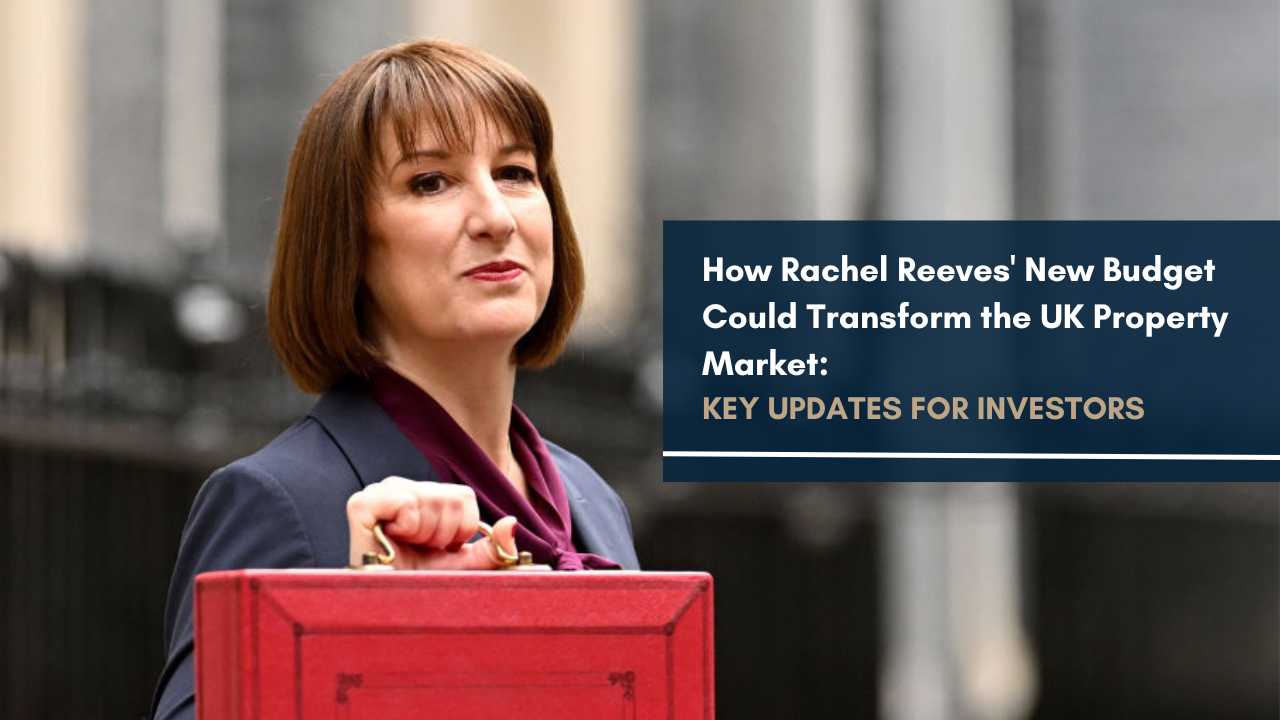Owning residential or commercial property often turns out to be a very good long-term investment and a regular source of income if you decide to rent the property out. Both the residential and commercial sides of real estate are viable options for new and seasoned investors alike, but each side comes with its own challenges and benefits.
This guide will help lay out the differences, pros and cons between investing in residential properties and investing in commercial properties – so you can decide which side to focus on.
What are the main differences between residential and commercial properties?
Residential property refers to houses, apartments, flats, studios, bungalows or any other property where somebody lives. If you’re planning to become a landlord of a residential property then it’s likely that you will rent it out for somebody else to live in, rather than live in it yourself. This creates a distinct relationship between the landlord and the tenants living in the property, and generally means that you will play a larger role in the day-to-day lives of the tenants.
With residential real estate, it can be easier to secure a mortgage and generally requires less capital to purchase a property compared with commercial real estate investments. However, you’ll probably need to be more hands-on in terms managing the cost and delivery of repairs, and good-value properties can be hard to find.
Commercial property refers to any building that is used as a place of work rather than a residence, such as office spaces, warehouses, high-street shops, restaurants and hotels. The tenants of commercial properties tend to be businesses that are renting out a workspace to carry out their operations, rather than buy a property outright.
Although commercial real estate tends to require a higher initial investment, there’s the chance you’ll get a higher ROI compared with residential properties. Commercial tenants generally sign longer lease agreements compared with residential tenants too; however, that could mean you’re left waiting for a long contract to run out until you’re able to sell your property.
Which path is right for you?
Commercial and residential properties both offer fantastic opportunities, so long as you know how to find value and manage the different requirements and expectations involved with each.
Many of our clients choose to go down the residential route because it’s easier to access the market and stake an initial investment, plus they already tend to be familiar with the processes involved with renting a house. However, if you’ve got more capital to spend and feel ready to take on the challenges facing commercial property owners then that might be the path to follow.
Whichever route you choose, you’ll need to set yourself up as a business owner and register for HMRC Self Assessment. Make sure to gen up on the guidelines beforehand so you’re fully aware of your filing responsibilities, as well as everything that you can claim back as a business expense.
Could you try a mixture of commercial and residential property?
Of course. Many investors end up with a diverse portfolio that covers both residential and commercial properties. However, we wouldn’t recommend biting off more than you can chew, to begin with. We often find it’s better to specialise in one area and gain confidence in making good investments before branching out into another area of property investment.
Looking for more property investment advice?
Our friendly team of property investment experts work closely with both residential landlords and commercial landlords. We can connect you with better deals and help you find more properties that fit your specific criteria, whether that’s residential or commercial real estate. Feel free to get in touch below for a free consultation!



































